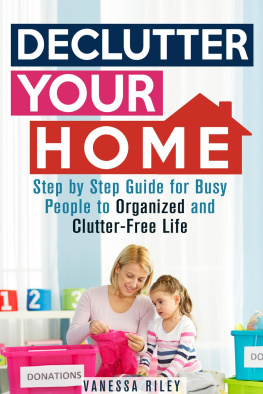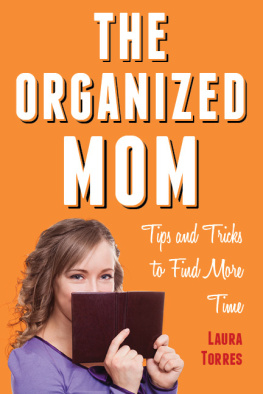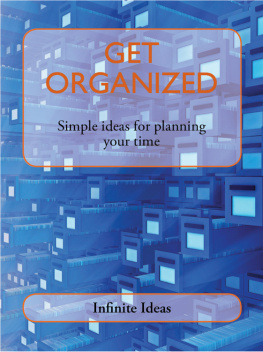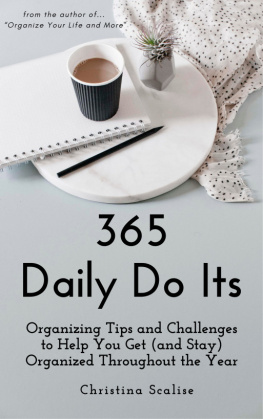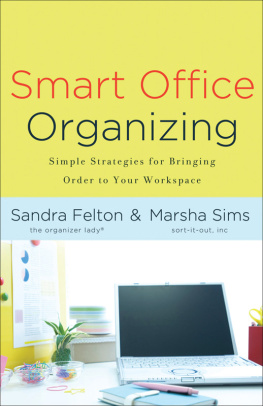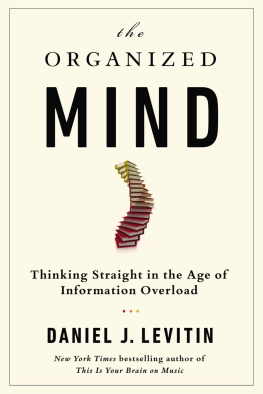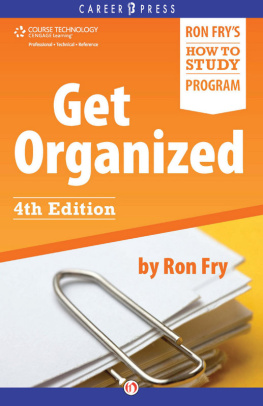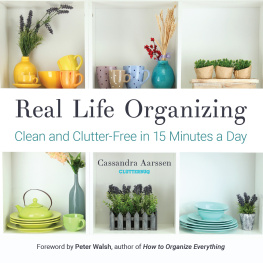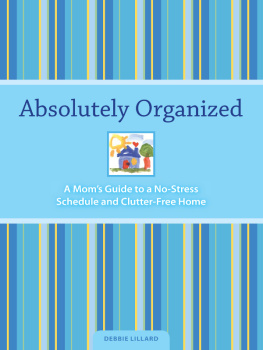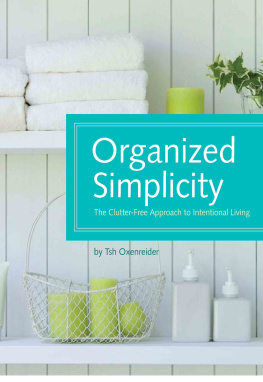This book is dedicated to theminimalists in this world. More power your frugality.
Chapter 1- What Is the Theory of Simple Living and Minimalism?
SharingPossessions with Others
Manyindividuals want to avoid owning numerous items such as clothing, furniture andelectronics to enjoy a simple life. The theory of minimalism is a concept thatmany people embrace to feel less stressed or more spiritual. There arereligious groups that believe in simple living and minimalism. Members of thesereligious groups often own possessions in common instead of each person makingexpensive purchases which take up space.
Theextent of sharing possessions is different within each religious or socialgroup. A group such as Catholic or Buddhist nuns might want to live in povertywith only the barest necessities. People living under the strictest form ofpoverty may even share items such as clothing or bedding. Alternatively, agroup might only share larger or more expensive items such as an automobile orfarmland.
Livingin Rural Environments
Bothindividuals and large groups have chosen a simple life as a spiritual tenet.Several religious groups such as Hutterites or Shakers have lived in sharedhousing on common land in order to avoid living a luxurious lifestyle. Duringthe 1960s, many people joined the hippie movement in order to live a communallifestyle of sharing possessions. Individuals choosing a communal lifestyle atthat time were also making a political statement concerning materialism.
Inaddition to avoiding owning possessions, these groups often want to live onrural properties that permit growing food and keeping livestock. The desire tolive without needing help from outside sources has led many people to chooseminimalism. Part of the tenets of the group may include not acceptinggovernment assistance or using modern technology.

AvoidingModern Conveniences
Othergroups such as the Mennonites or Amish lead a combination of simple livingwhile embracing selected parts of modern life such as advanced medical care.These religious groups do not own homes or property in common but believe inavoiding dependence on outside sources. People within these groups grow mostfood in gardens, fields or orchards to avoid making purchases at grocerystores.
Theseindividuals also preserve homegrown food by various methods to ensure anadequate source of nourishment during the winter months. Religious leadersdictate a simple and conservative clothing style that ensures members must makegarments at home. Occupations for individuals typically include housekeeping,farming or carpentry. In addition, the groups usually avoid moderntransportation, electricity and other conveniences.
Choosingto Live a Frugal Lifestyle
Insteadof living in poverty or sharing possessions, an individual might chooseminimalism to avoid unnecessary extravagance. The definition of extravagancemight mean different things to each person including living without electronicdevices or home appliances. A person might choose to wear only basic clothingand shoes to avoid trendy fashions.
Atthe same time, individuals avoid owning a large number of items that take upspace while requiring maintenance. Simple living is often a part of a frugallifestyle due to lack of funds or thriftiness. A person might want to avoidspending money on possessions in order to save for something else such astraveling. In some cases, a person lives frugally without making purchases topay off financial debts.
Protectingthe Earths Natural Resources
Anenvironmentalist may choose minimalism and simple living to protect the earthsnatural resources. This is because an environmentalist believes reducing theconsumption of manufactured goods assists with protecting the air, water andsoil from contaminants. People who choose to downshift also want to spend lesstime working to pay for unnecessary items. Many of these individuals strive tolive with only 100 possessions.
Anextreme minimalist might live in a tent or wooden hut to avoid taking upunneeded space. Living in a small and simple environment also prevents anindividual from having additional space to fill with possessions. In additionto caring for the environment, these individuals want to live a sustainablelife such as growing food in gardens and fields. Environmentalists often focuson ways to recycle to avoid waste and needing to buy new items.
ChoosingCreativity and Harmony Instead of Possessions
Manycreative individuals want to live a simple life to pursue other interests suchas art, music or writing. By reducing possessions, an individual will have aclearer mind that can focus on innovative thought or philosophy. Withoutnumerous possessions, a persons mind becomes uncluttered and able toconcentrate on higher goals. Throughout history, there have been individualswho chose to live with less in order to have time for painting, composing,inventing or discovering. Individuals also choose a simple life to encouragepeace and harmony with others. By giving up technology, these individuals arehoping to stop wars while bringing people closer together.
ExtremeForms of Simple Living and Minimalism
Occasionally,individuals may even include the daily diet as part of a simplification oflifestyle. This includes becoming a vegan to avoid consuming animal products.These individuals may expand the simplification to include not owning itemsmade from animal skin. Vegans may also feel that the production of meat anddairy products uses additional resources such as land and water while creatingpollutants.
Otherindividuals only want to eat locally grown foods to encourage sustainabilityand self-reliance. People may attempt to live simpler by giving up technologyin a home such as computers, television, radios or telephones. Occasionally,individuals also choose to live without running water or plumbing in homes.
Chapter 2- What Are the Steps toDeclutter Your Home?
Clutterhas become a national challenge that has gained notoriety on televisionprograms in extreme cases. Volumes have been written about the avalanche of stuffthat has taken over our lives. Admitting that the problem exists is animportant first step toward addressing the issue. Most people will not have tohire a professional organizer to retake control over the storage and livingareas in the home. The most important aspect of decluttering the house is tostay focused on the goal.


